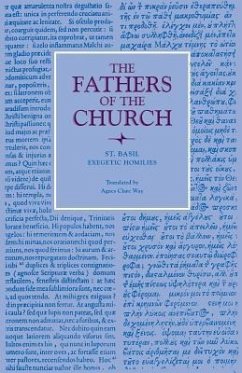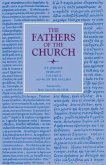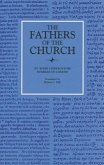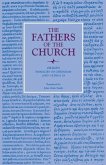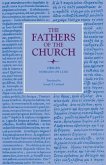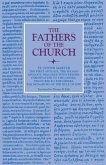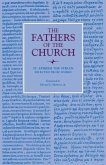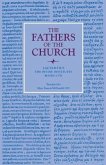In a relatively short life time St. Basil (ca. 330-379) bequeathed to posterity a rich literary heritage. He intended the nine homilies on the Hexaemeron, probably delivered extemporaneously, to be an explanation of the literal meaning of the biblical account of creation. As a matter of fact these homilies show us a person who had mastered the philosophical and scientific knowledge of his times and applied it to his explanations of Sacred Scripture. St. Ambrose, bishop of Milan, admired this work of St. Basil so much that he imitated it in his own Hexaemeron and even inserted Latin translations of Basil's work. The Latin translations of these homilies of St. Basil that were made within a generation after the saint's death bear witness to their popularity and importance. The homilies on the Psalms presented here in translation differ considerably in their methodology from the homilies on creation. Influenced by the scriptural interpretations given by Origen and Eusebius of Caesarea, Basil stresses the allegorical meaning of the psalms without, however, totally disregarding the literal meaning. Patristic scholars are fairly well agreed that the homilieson the Psalms antedate the homilies on creation which were probably delivered after Basil had become bishop of Caesarea in Cappadocia.

